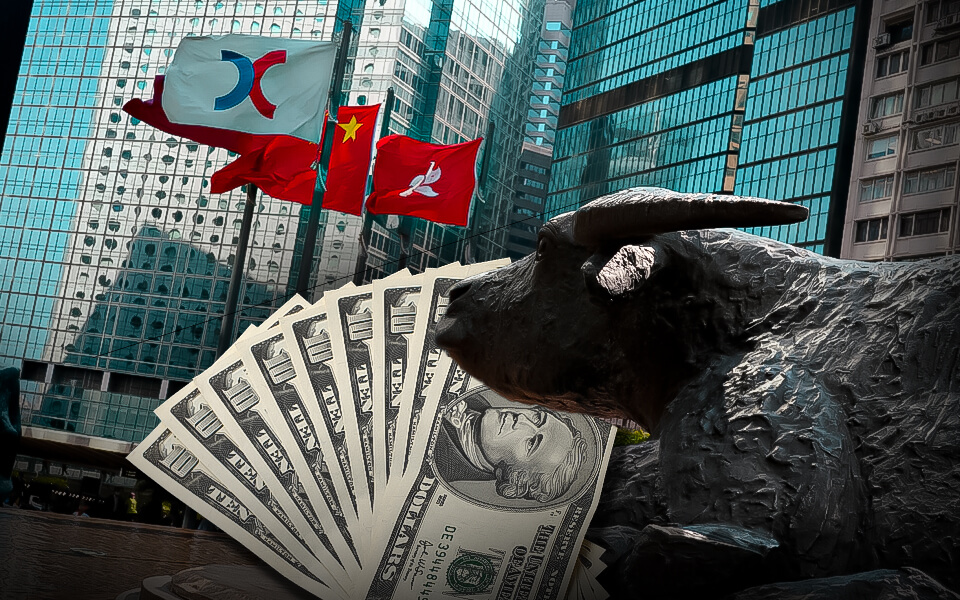China And Covid-19 impacted stocks and U.S Dollar
China and Covid-19 came into the limelight again. This time, they have come up with a new drama where China has denied providing the privilege of quarantine requirements to the inbound tourists. Today, the news is out that the stock market gained while the U.S. dollar softened after the above statement given by China.
China has curbed on assisting the inbound visitors to go into quarantine effectively starting from January 8, the National Health Commission communicated on Monday. China’s mindset is to make Covid-19 less reasonable and downgrade the infection and seriousness of the disease. The country believes that if tourists are not allowed to quarantine, it will become less caustic and act as a regular respiratory infection.
This news directly impacted the stock market, considering the values of stock in Hong Kong, MSCI’s most extensive index of Asia-Pacific shares outside Japan, was up 0.5%. China’s blue-chip contributes 1.1%.
Furthermore, Japan’s Nikkie share average was up 0.3% by lunchtime due to some early gains that showcased the results to the highest in a week. Simultaneously, the U.S. stock futures, the S&P 500 e-minis, increased to 0.6%, indicating the market to rise as traders come to their terminals after the Christmas holidays. Whereas markets in Hong Kong and Australia remain shut this Tuesday.
Chaoping Zhu, a global market strategist and JP Morgan Asset Management, said China’s most recent policy shift would come on track in most cities. This news spread positivity and motivation for traders and investors.
He added, ‘Most Chinese cities could recover from the first wave of the latest Covid-19 outbreak. It would be faster than people have expected’. Everyone is concerned about the Covid outbreak because it will ultimately last longer and hinders economic standards. Although, the development is better than expected.
He further said that China is resuming outbound visits for Chinese tourists, which will lift the consumer and service sectors. As a result, tourism has recovered 60 to 70% for many ASEAN countries. But still, there is a gap between now and 2019 before the pandemic that still needs to be recovered. Hopefully, this gap will be filled by Chinese tourists.
After China declared its quarantine rule, it impacted badly on the U.S. dollar this Tuesday. As a result, the risk has enhanced, and the currencies of different countries have become strengthened. South Korea ranks the highest, rising up to 0.7% on June 10. Currencies in New Zealand and Australia also calculated higher than expected.
In the thin year-end trading, Kiwi has added 0.3 % to $0.6288 while the Aussie gained 0.1% to $0.67395. These two currencies are usually used as liquid proxies for China’s yuan. Also, oil prices are riled up on the thin trade this Tuesday because winter affects the United States logistics and production of petroleum products and share oil.
Brent crude oil was up 0.6 %, at $84.42 a barrel, whereas U.S. West Texas Intermediate crude was at $ 80.04 a barrel, up 0.6%. U.S. treasuries will restart trading again the upcoming Friday.
The China rules of quarantine impact various trades and result in disturbing several developments. However, it will come on track soon, so investors and traders should be fine at the moment.







